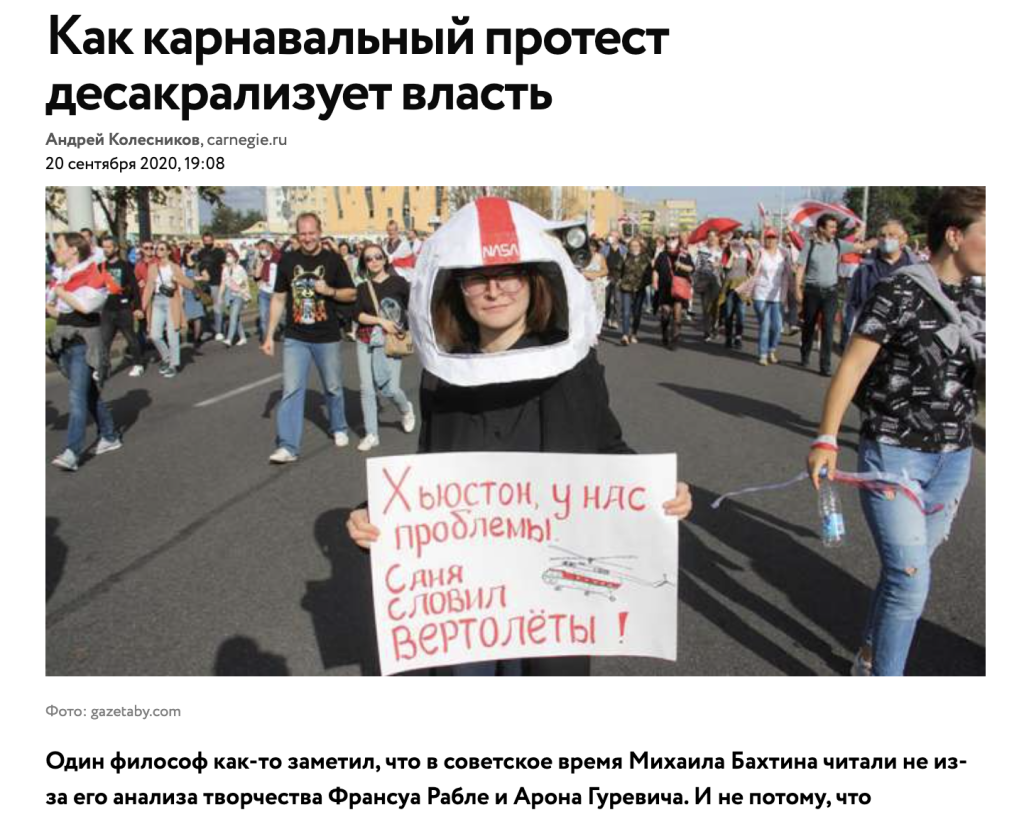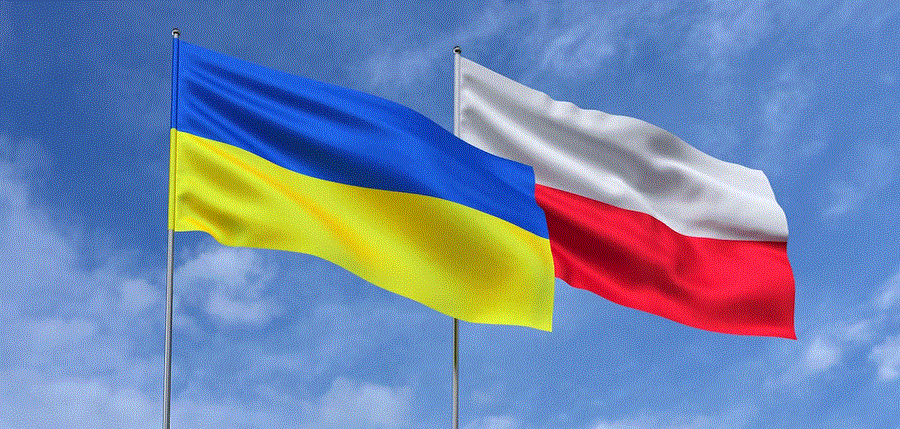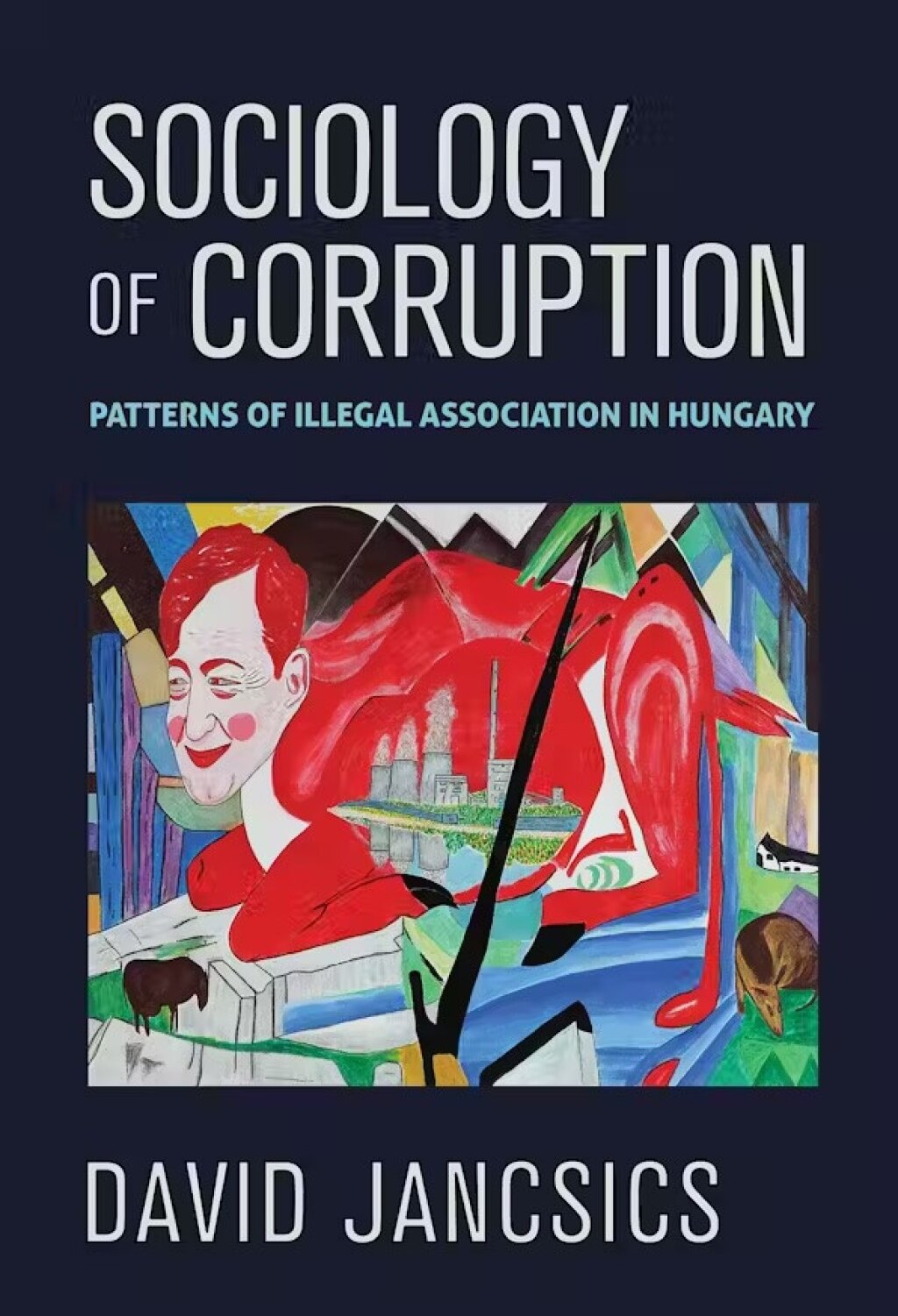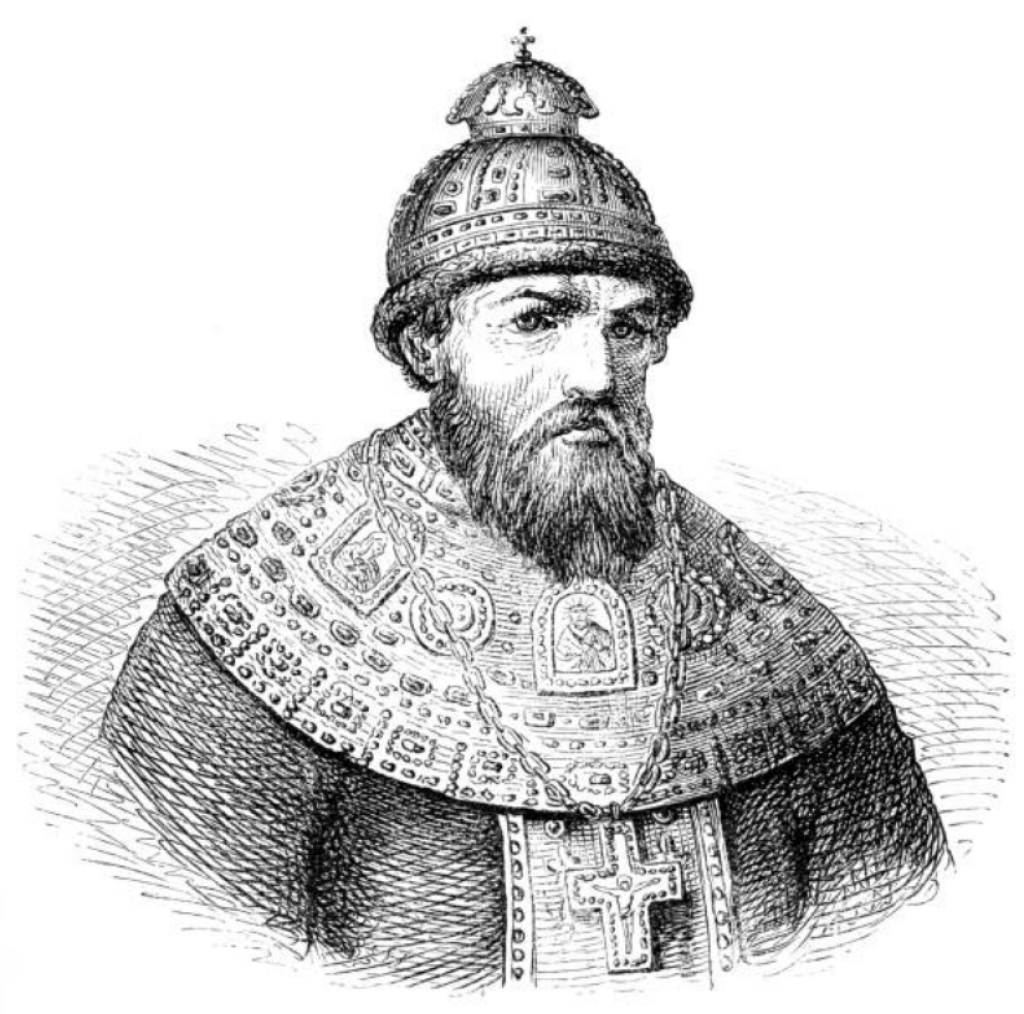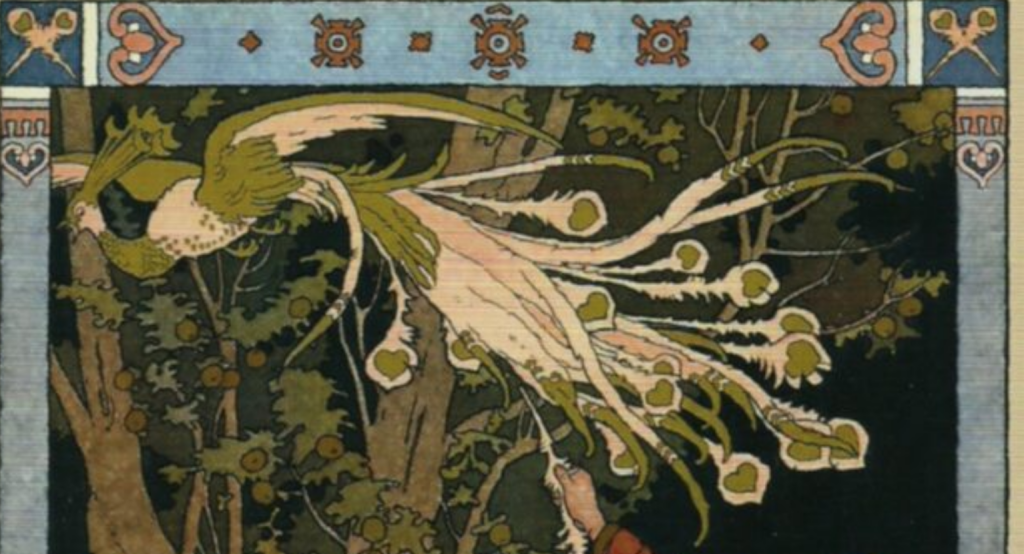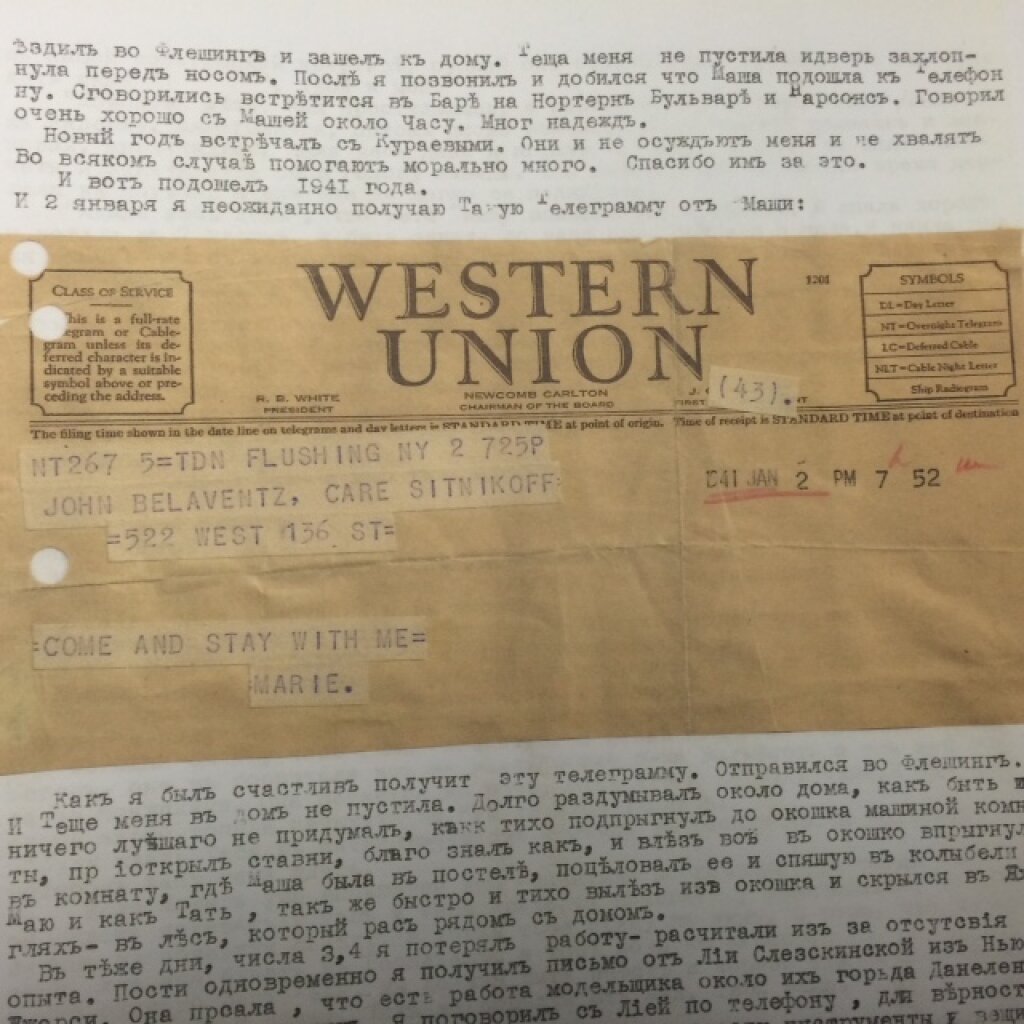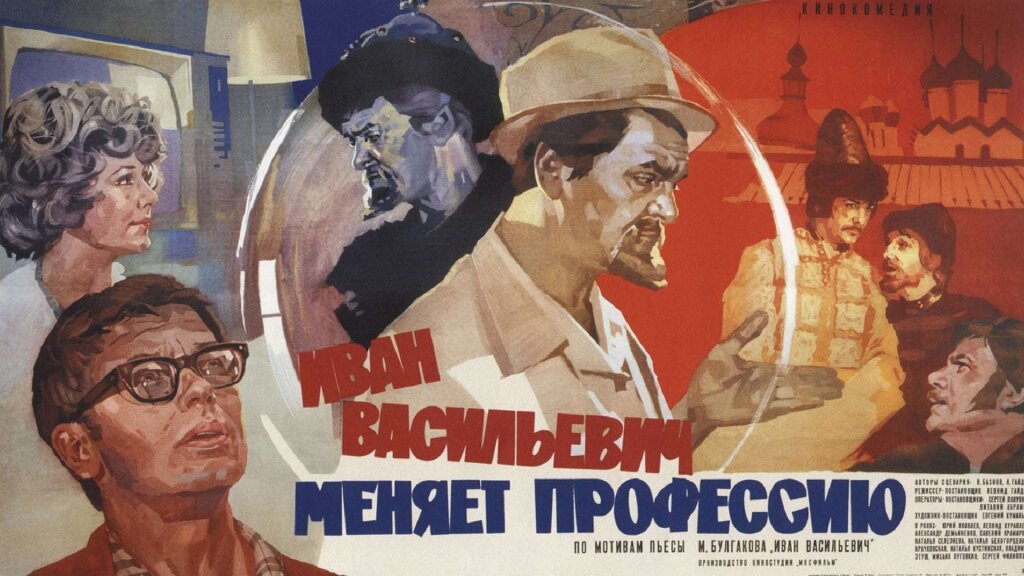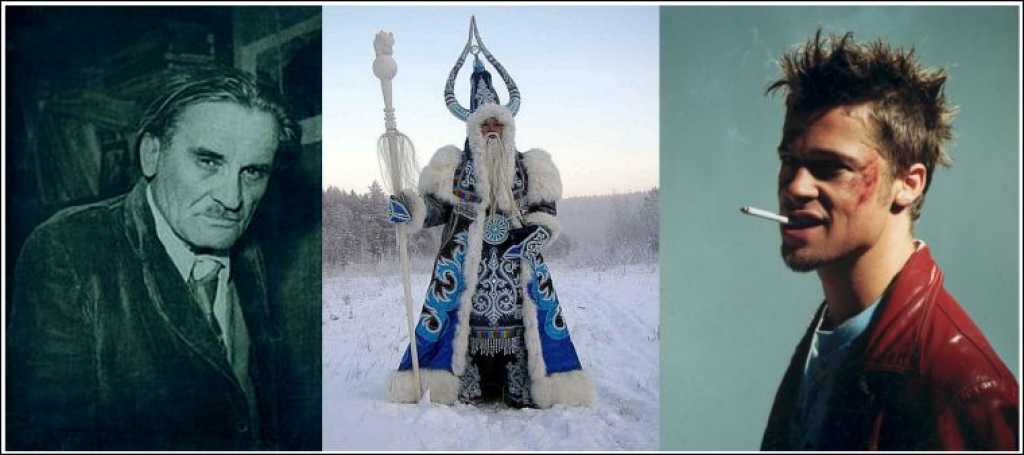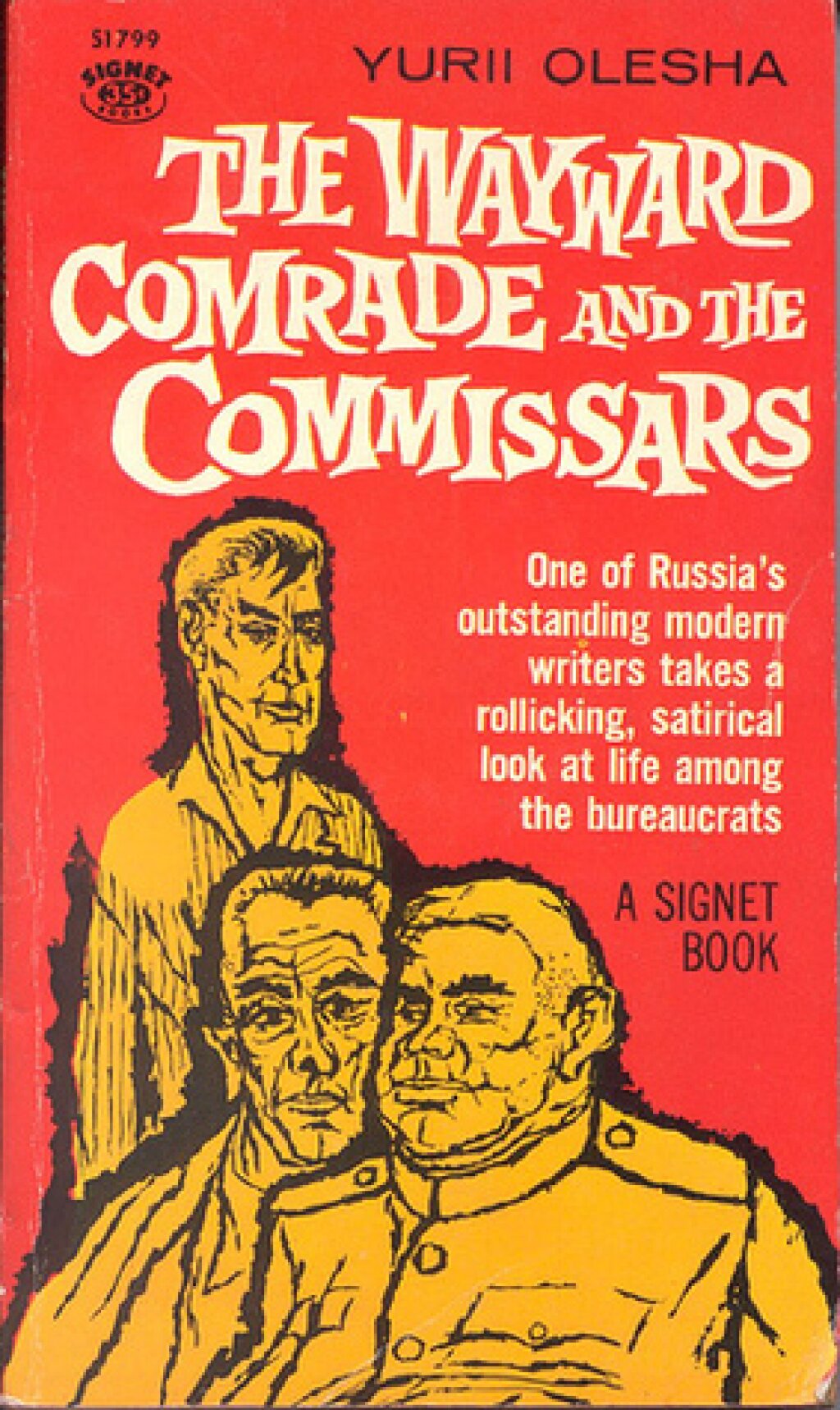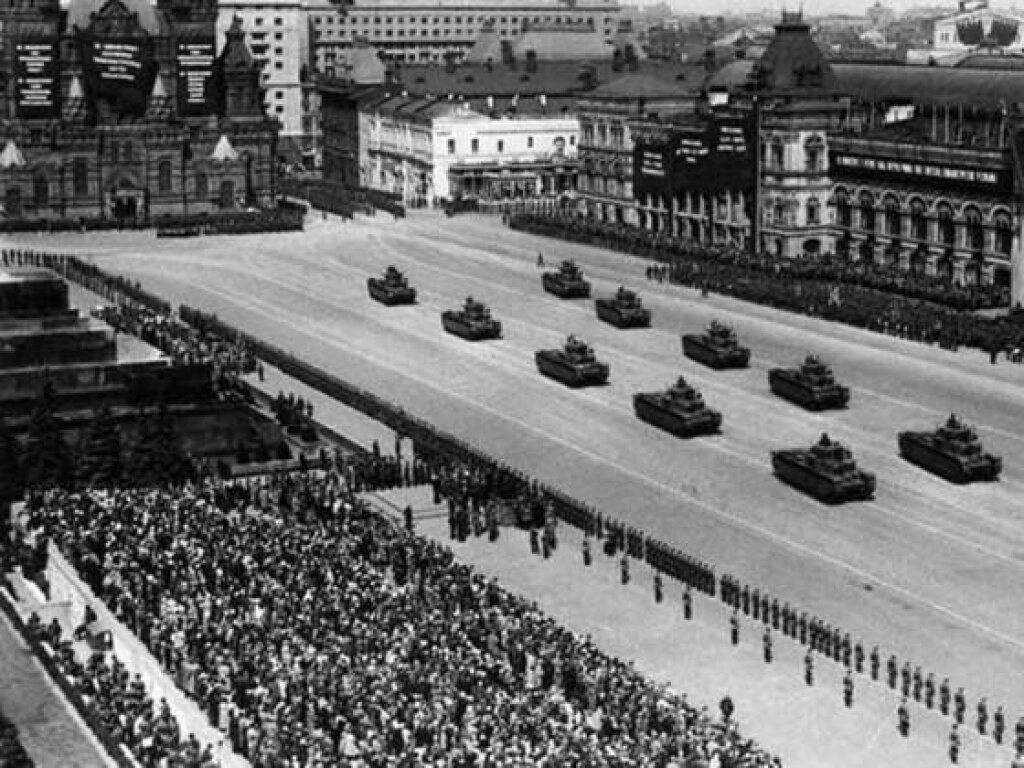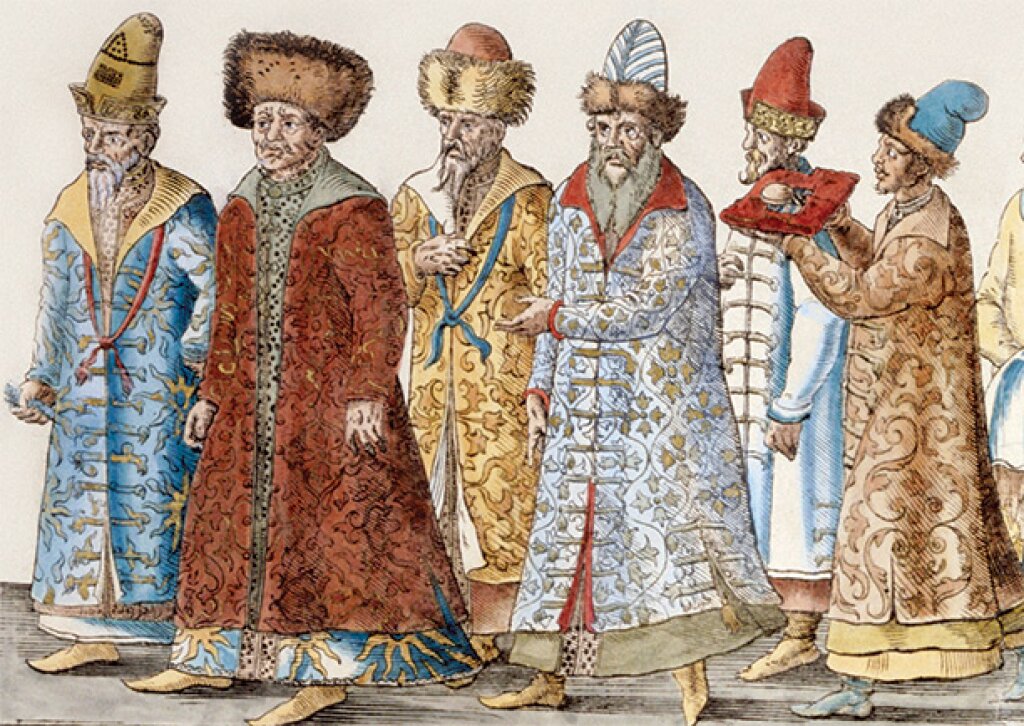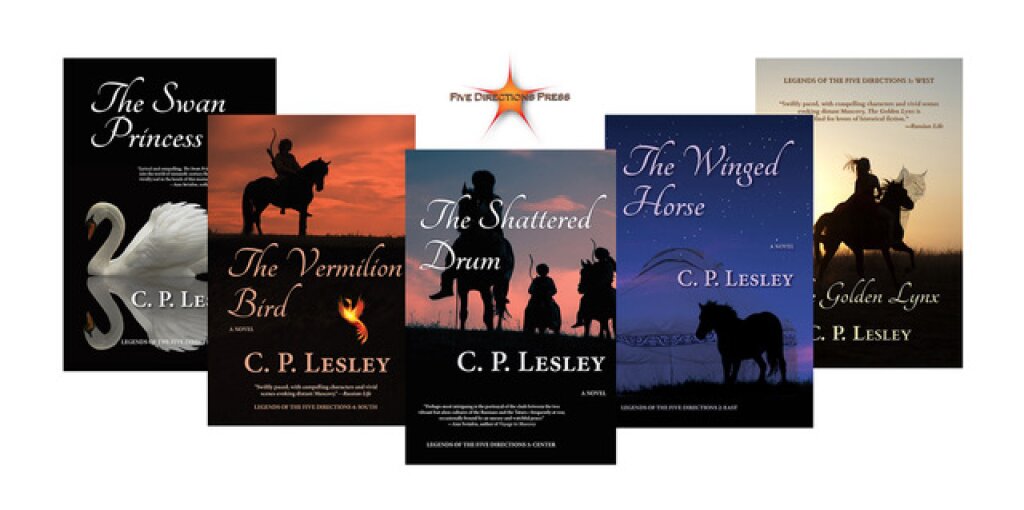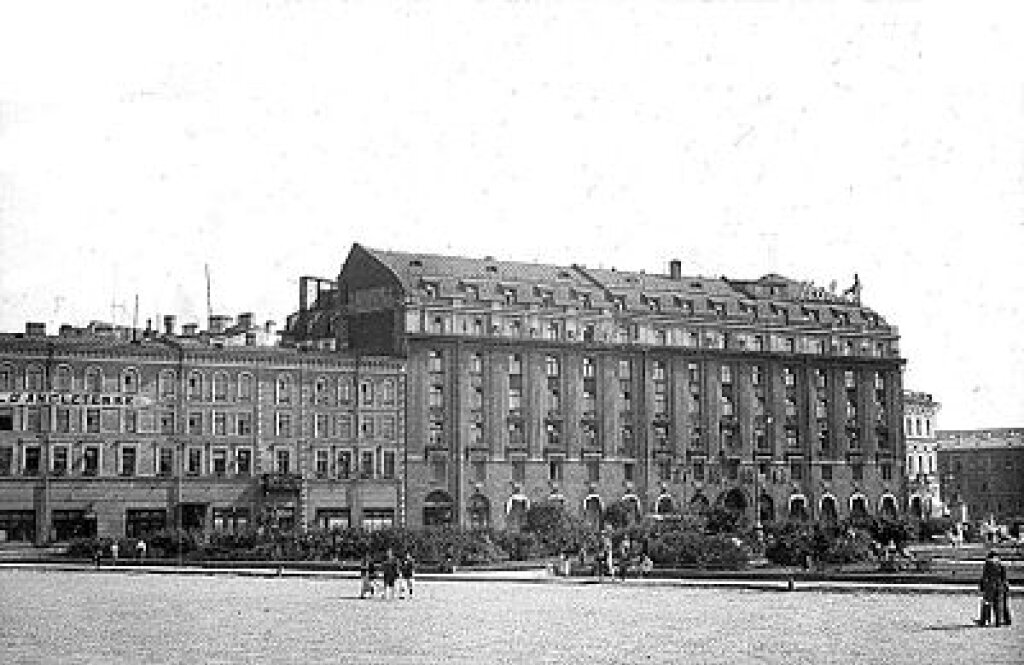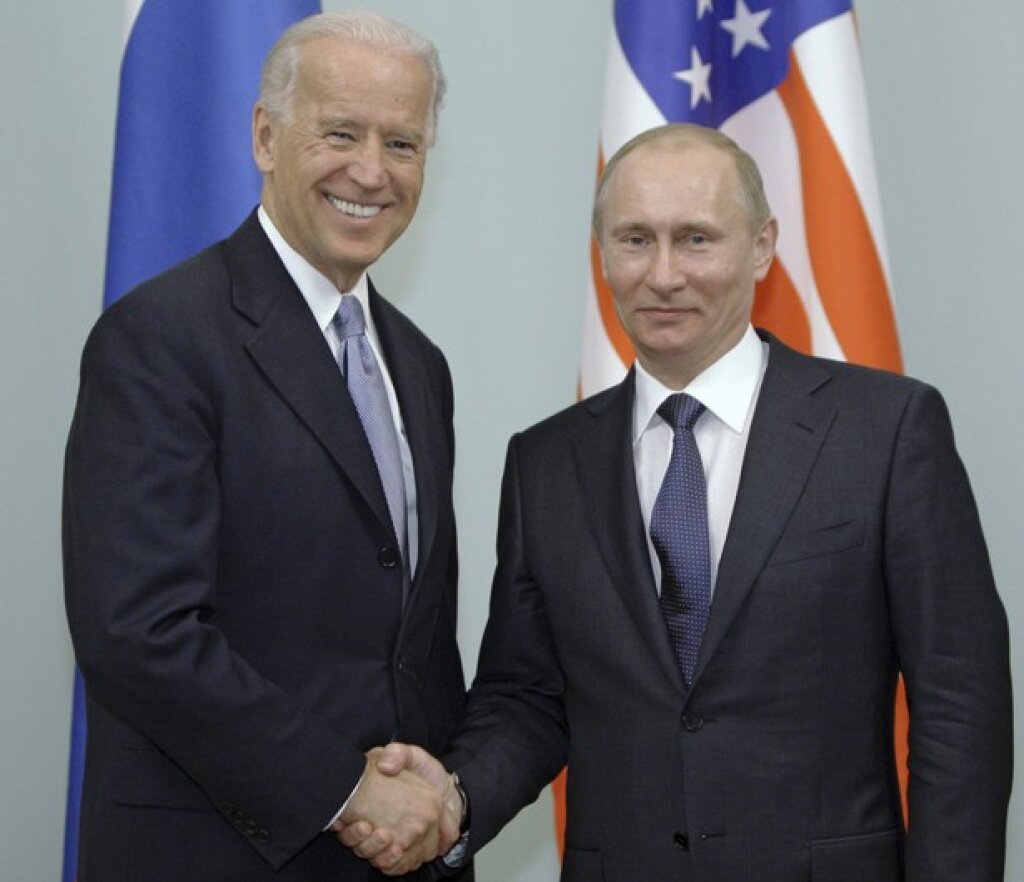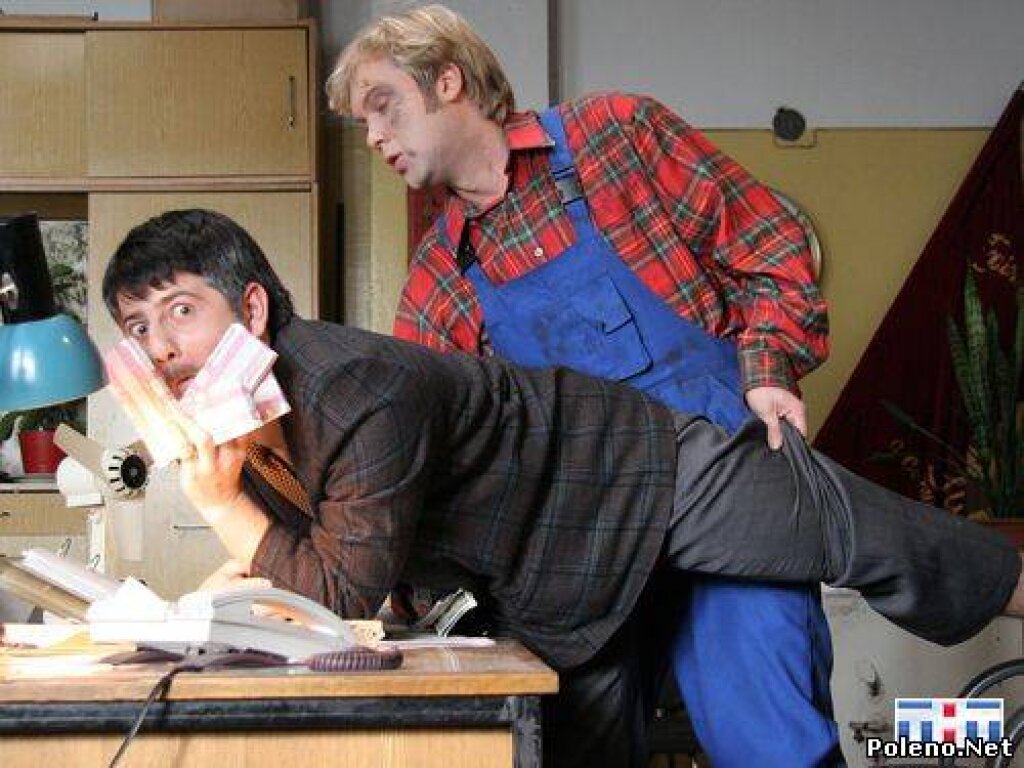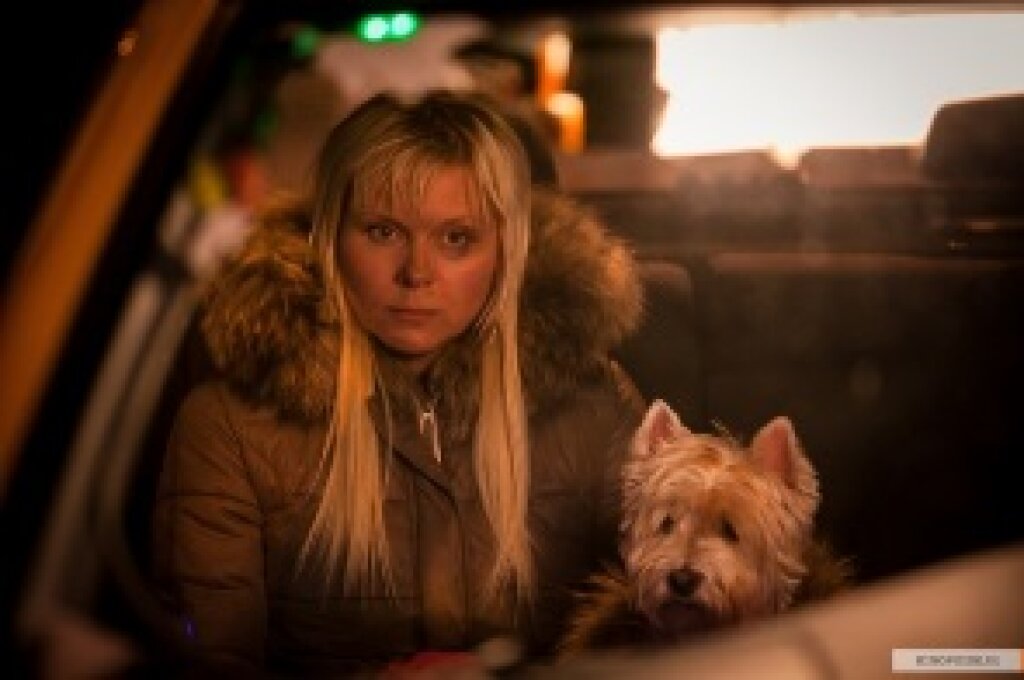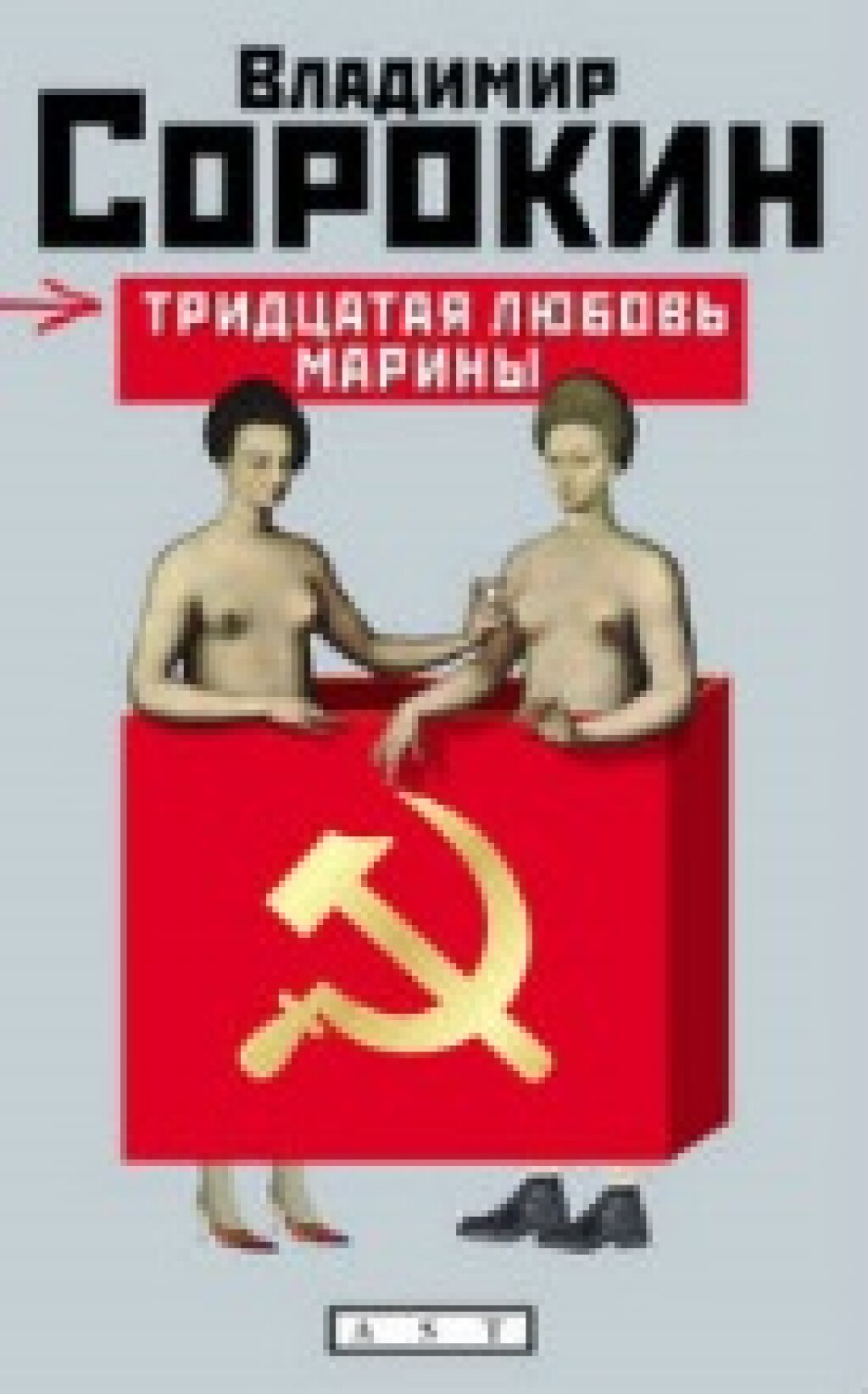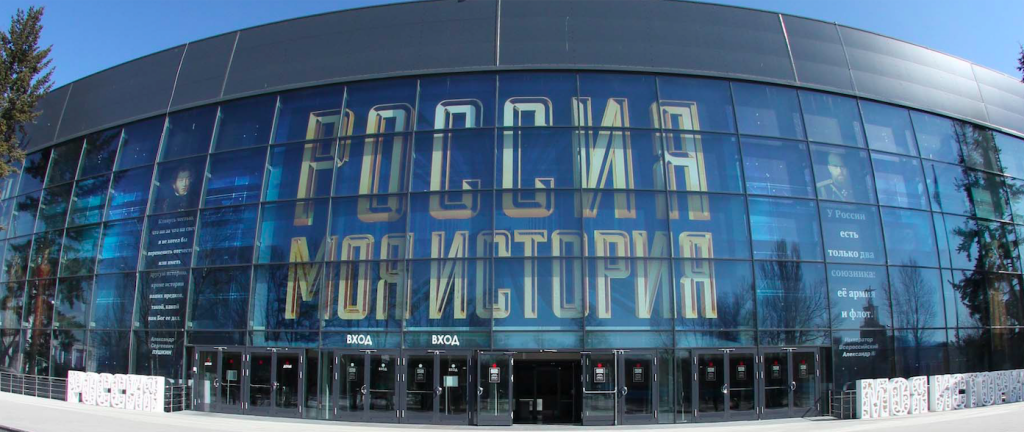Featured
Redemption of Sold or Purchased Land in Muscovy during the Reign of Ivan IV (1533-1584) and the Russian Attitude toward Rule of Law
How Muscovites understood the right of redemption (re-acquisition) of sold land or land donated to monasteries shows that, under Ivan the Terrible, statutory law and case law did not always coincide.
Interrogating the Declining Significance of Pushkin’s Blackness: Henry James, Ivan Turgenev, and Literary Nationalism (with Korey Garibaldi and Emily Wang)
On October 14th, Professors Korey Garibaldi and Emily Wang, both of Notre Dame, joined the Jordan Center to speak about their collaborative work on race and literature in talk entitled...
Firebird: From Slavic Mythology to American Identity
Originally choreographed by Michel Fokine for Diaghilev’s Ballets Russes in 1910, Igor Stravinsky's "Firebird" has been restaged many times and remains a popular ballet around the world and especially in...
The Snowball Effect: An Immigrant Story
When I tell my story of immigration, which story do I tell?
Iosif Vissarionovich Changes Profession
Under Stalin, a successful rehabilitation of Ivan the Terrible was required to be Romantic, implying an optimistic interpretation of history and of Stalin’s political achievements. Where the Party mandated Romance,...
Vladimir Putin as a Renaissance Prince
Mark Galeotti is Professor of Global Affairs at the NYU SCPS Center for Global Affairs. He blogs at In Moscow’s Shadows.Back in 1968, the Slavic Review published a fascinating and...
Heroes and Zeros: Ded Moroz and Yuri Olesha
Who's your hero: Yuri Olesha, Ded Moroz, or Tyler Durden?
New Men in Love (Russia's Alien Nations)
The "New People suffer from a socialist version of the “terrible perfection” Barbara Heldt identified as the defining flaw of nineteenth-century Russian heroines
The Last Will and Testament of Sergei Esenin: Cultural History of a Mystification, Part III
In the end, he was released as partially insane, for it was noted that he considered himself an incarnation of the Buddha and believed that he desperately needed money to...
The Maidan Massacre in Ukraine: Revelations from Trials and Investigations
My paper and several video compilations presented recently at the virtual 10th World Congress of the International Council for Central and East European Studies in Montreal examined evidence revealed by...
Russia and Marxism in Polish Political Thought, Part I
The introduction of communism in Russia was supposed to lead to a modernized economy and a just society. Yet the new social system did not make the economy competitive, nor...
“But We Are Always at Home”: Disability Activism, Solidarity, and Staying at Home in Russia
Ivan Bakaidov describes himself as a "web activist with cerebral palsy." In March 2020, as Covid-19 lockdown measures were announced in his hometown of Saint Petersburg, Bakaidov launched the hashtag...
The Power of the Past
Ten years ago, when I began writing a series of novels set in Russia during the minority of Ivan the Terrible, since published under the pen name C. P. Lesley,...
Person or Persons Unknown
Everyone loves to be proven right, but novelists don’t often expect it — especially five hundred years after the period where their books are set. After all, that’s half the...
The Last Will and Testament of Sergei Esenin: Cultural History of a Mystification, Part II
On October 9th, 1927, already after the tragic death of Duncan herself, and again in the Sunday supplement to Hearst’s newspapers, there appeared yet another article, undoubtedly from the same...
US-Russia Relations Under a Biden Administration
It seems too early to predict what form Russian-American relations will take during the incoming Biden administration. We do not yet know who will head up the Departments of State...
Fictional Gays and Real Meteorites in Chelyabinsk
Chelyabinsk is about the last place in Russian you’d expect to find any kind of gay movement, and comedians have taken advantage of this.
Cold Snap (Part I): Russian Film after Leviathan
This essay provides context for roughly thirty-five current and upcoming Russian films, loosely clustered around four topics: directors; debuts; economic health; and dominant industry trends.
Cold Snap (Part II): Russian Film after Leviathan
An auteurist orientation, therefore, is neither good nor bad, but it is certainly mismatched to an industry—especially during periods of robust growth—in which so-called “spectators’ cinema” [zritel'skoe kino] is in...
Exhibition Review: "Russia — My History" at Moscow's VDNKh
Moscow: at the newly renovated VDNKh (Exhibition of the Achievements of the National Economy), a multimedia, multi-city mega-exhibition called “Russia – my history” is open to visitors at Pavilion No....

